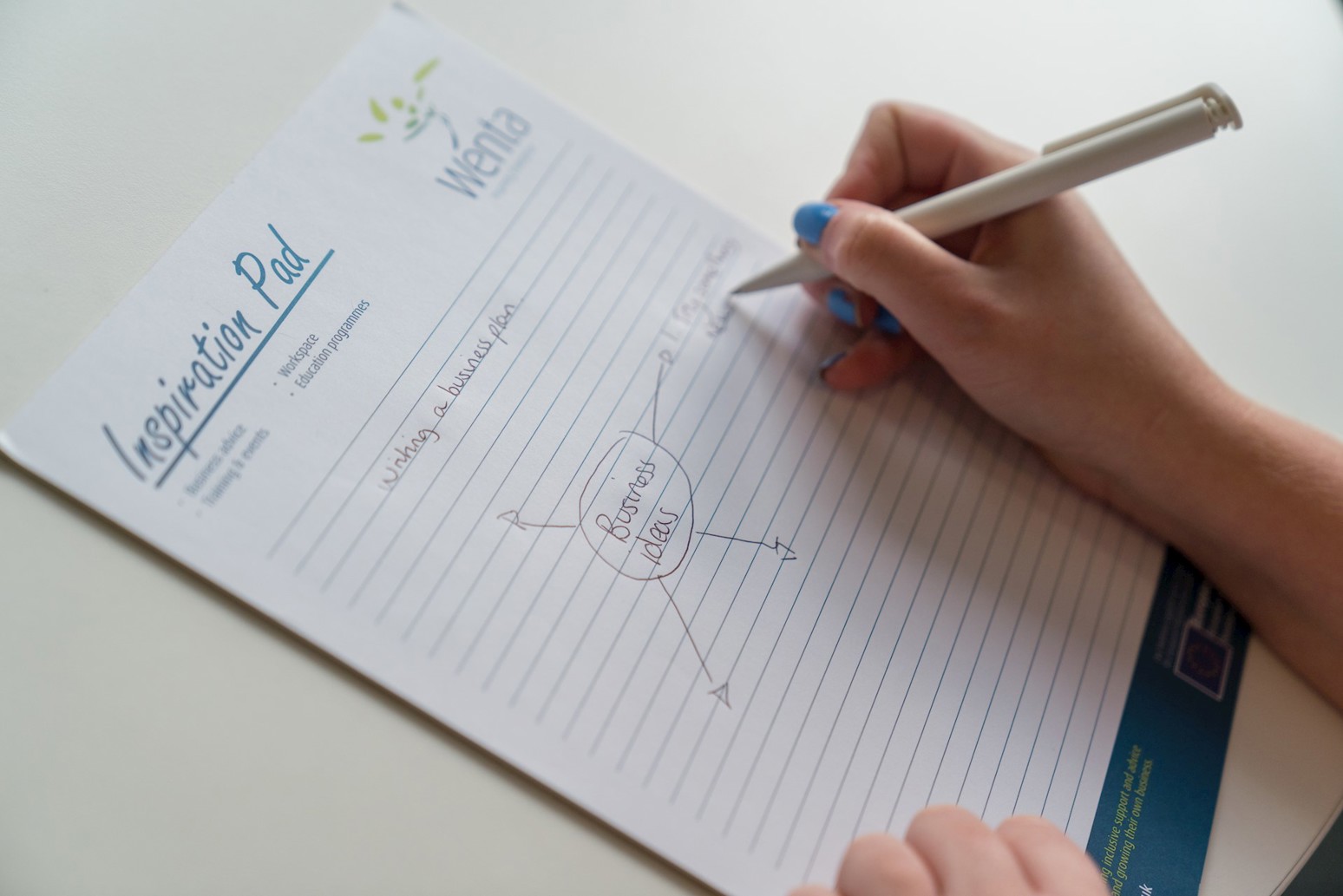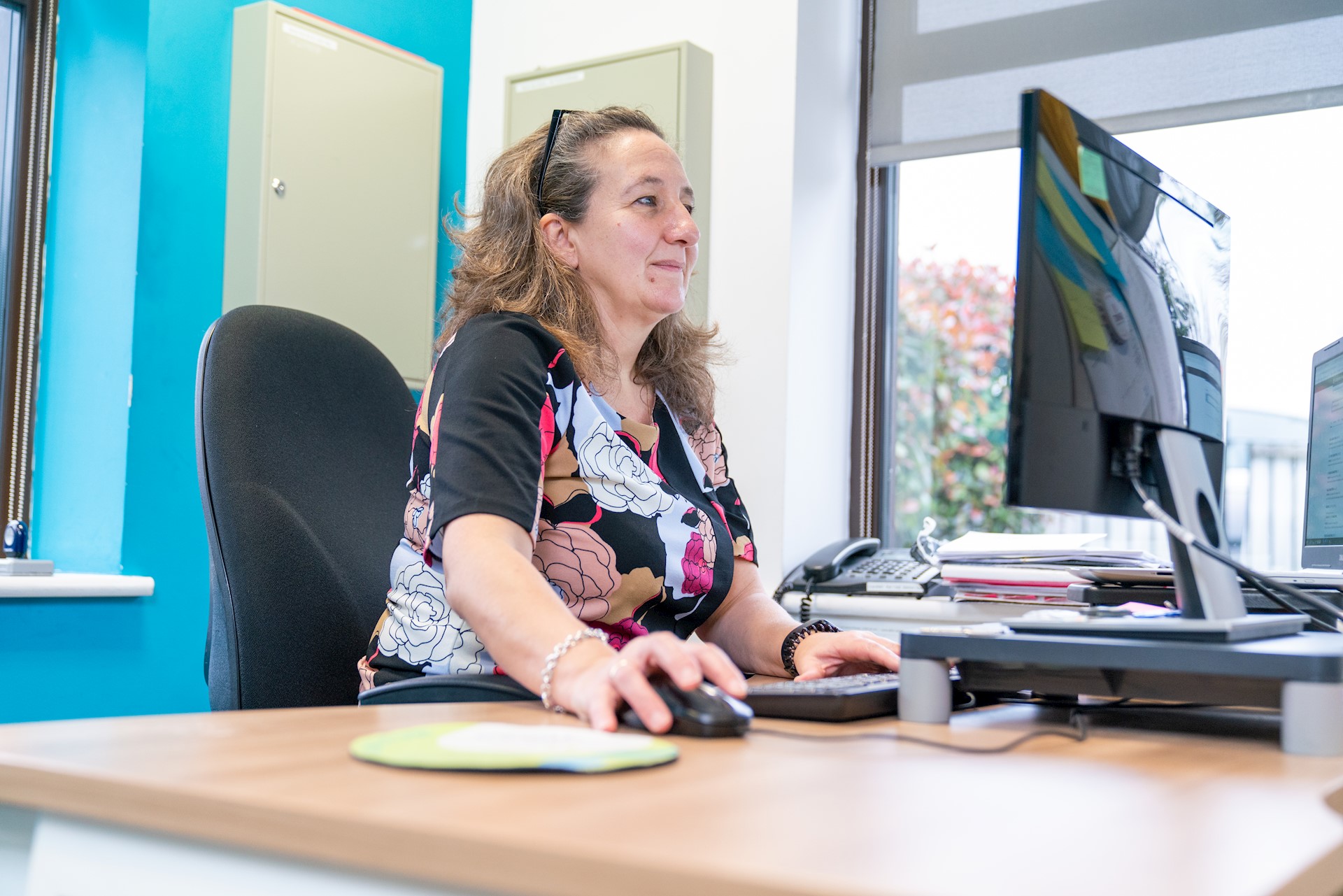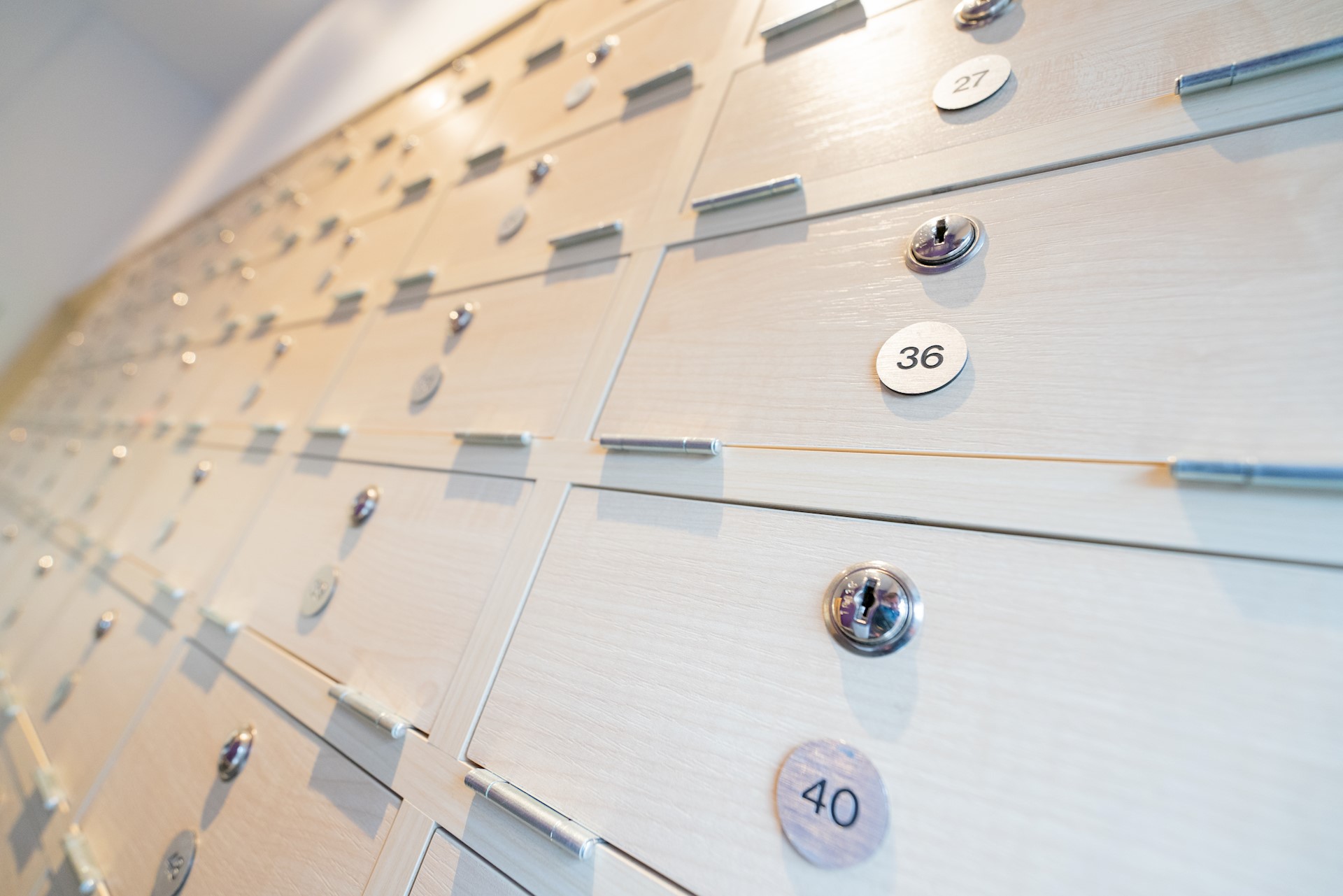A dividend is a payment a company can make to shareholders if it has made a profit. A dividend is a payment a company can make to shareholders if it has made a profit.
This FAQ will explain all you need to about dividends.

What are dividends?
Dividends are payments made to company shareholders. They are taken from company profits after corporation tax has been deducted.
Who can receive dividends?

Shareholders of limited companies.
Why would I pay myself dividends rather than salary?
The tax rates on dividends are lower in comparison to salary payments.
Because dividends are a distribution of company profit they need to be distributed after corporation tax has been accounted for, but they do not attract National Insurance Contributions (NICs) and they attract lower income tax rates than a standard salary would.
How often can I receive dividends?
There is no limit to how frequently you can pay yourself dividends. However, you need to record this in the company accounts and minutes. You must also make sure you have allocated enough to pay your corporation tax at the end of the year.
Do I pay income tax on dividends?
You will only have to pay income tax if your dividends go above your dividend allowance in the tax year.
Tax year
Dividend allowance
6 April 2019 to 5 April 2020: £2,000
6 April 2018 to 5 April 2019: £2,000
The tax you pay depends on which income tax band you’re in. This will depend on your overall income for the tax year including any salaries, rental income etc.
Tax band

The tax rate on dividends over your allowance
Basic rate: 7.5%
Higher rate: 32.5%
Additional rate: 38.1%
Do I need to set myself up on PAYE to receive a salary too?
If your only income is from your limited company, the benefit of receiving a salary and dividends is to take advantage of your tax-free allowance. Salaries are a company expense, which means it is deducted from your company’s income, to reduce the profits you are left with at the end of the year. This will mean that your corporation tax (taken from that profit) is lower accordingly.
e.g. your company makes £100,000 income and pays you a salary of £12,000. The profits that your company will make (and pay corporation tax on) is 100,000 – 12,000 = £88,000. Corporation tax estimated on this is 19% of £88,000 = £16,720. This will leave you with roughly 88,000 – 16,720 = £71,280 that you can pay yourself in dividends. But it is best practice to allow yourself a buffer and not take the full £71,280 – take less than that to leave a buffer for unexpected bills.
In the example above, you will pay tax and national insurance on the £12,000 salary. But where your tax-free allowance (given in your annual tax code from HMRC), is more than the £12,000, you won’t pay any tax. There are NICs that you need to pay on this, again – find the limits for these and where you pay yourself less than the NIC limits, you will not pay these either.
How do I pay myself dividends?
You can firstly pay yourself a salary up to your tax-free allowance.
You then pay corporation tax on the taxable profits (income fewer expenses) of your company which is around 19%.
After this has been taken into account, you can pay dividends out of the remaining profit.
Pay tax on the dividends at the rates shown but pay no national insurance on the dividends.
Dividends need to be agreed by all Directors and minuted in the company’s minute book.
Speak to an accountant or HMRC if you are unsure about any of the above.
Got a business question?
We're here to help. Get in touch.
Book your free appointment below:
